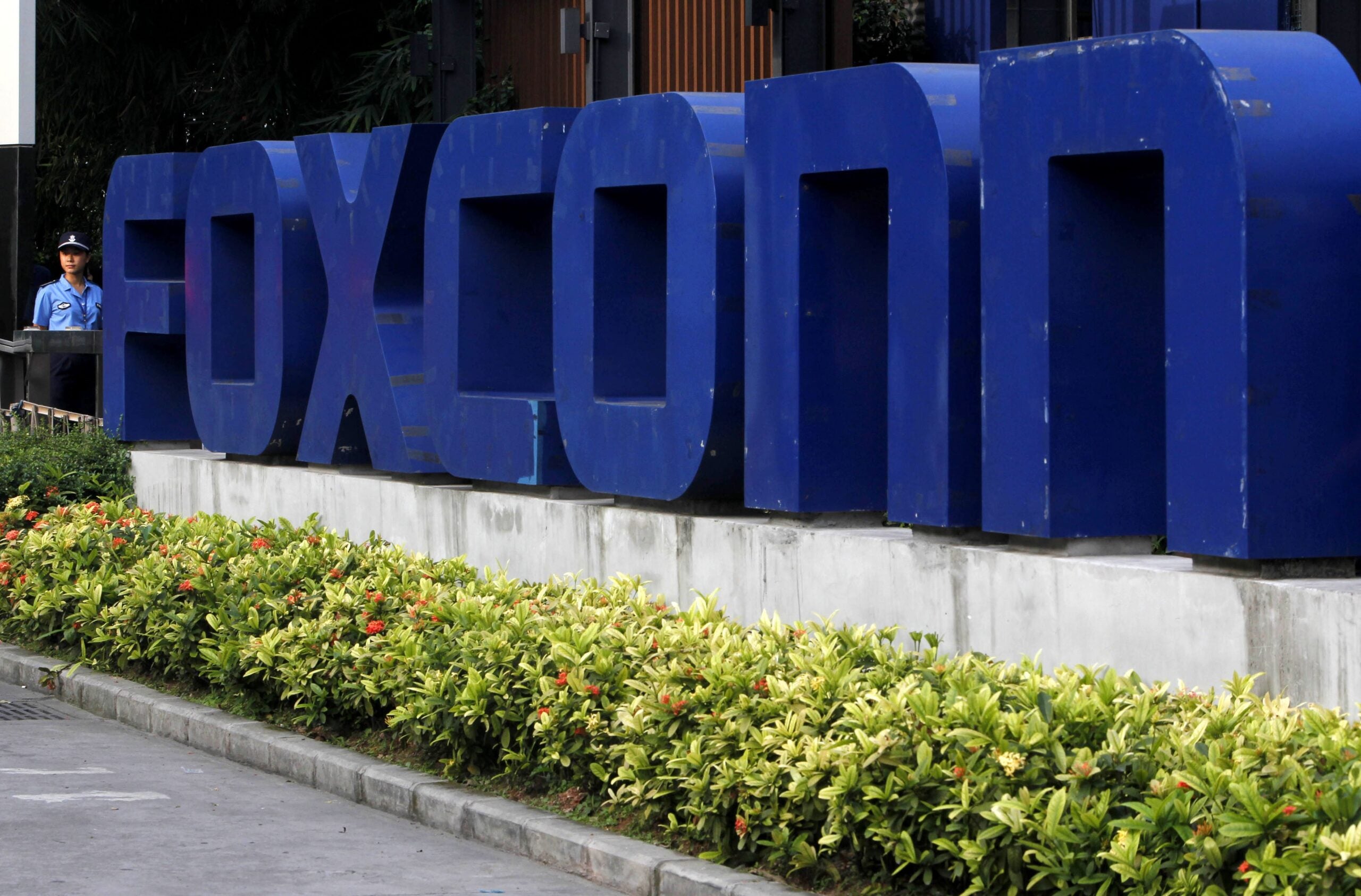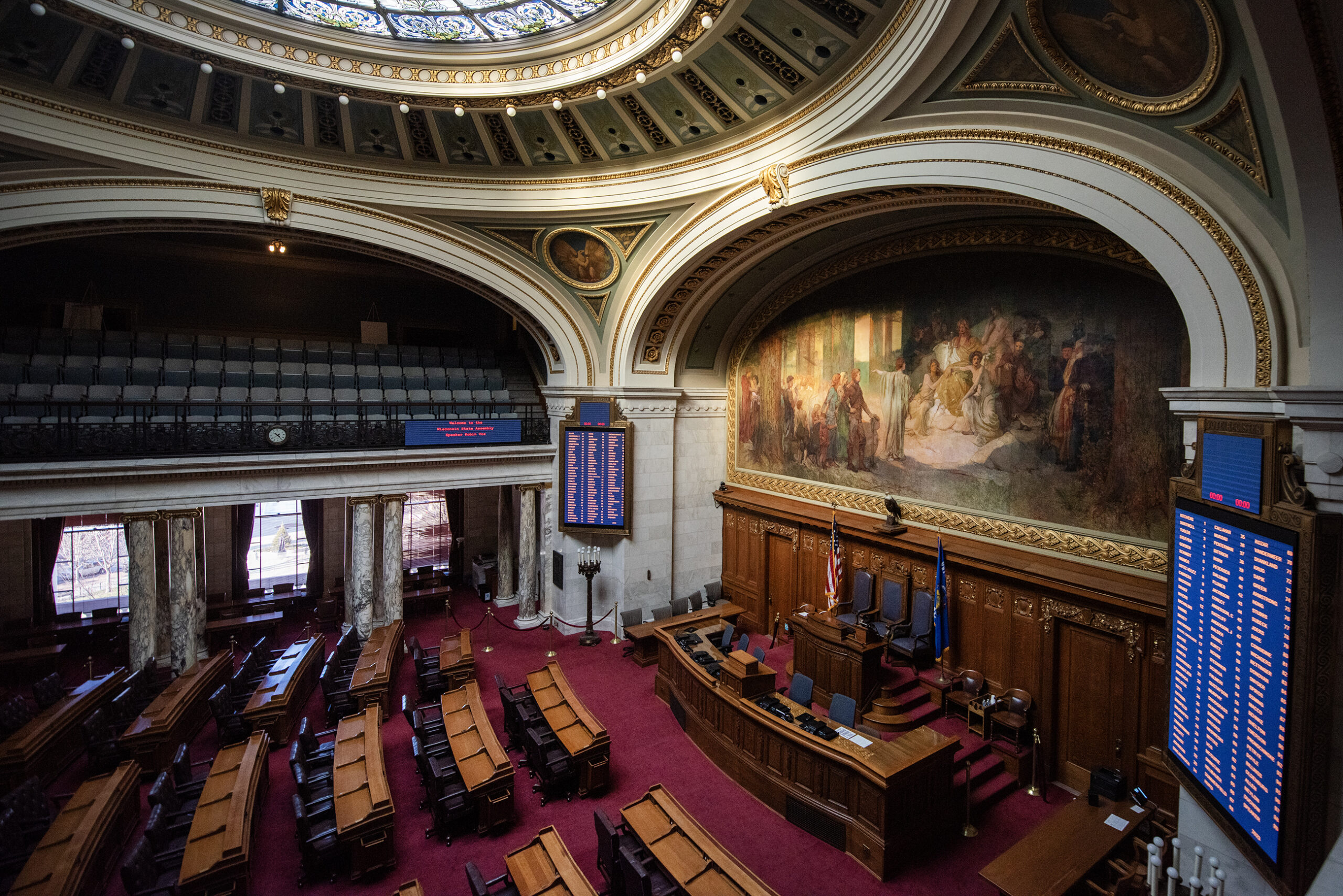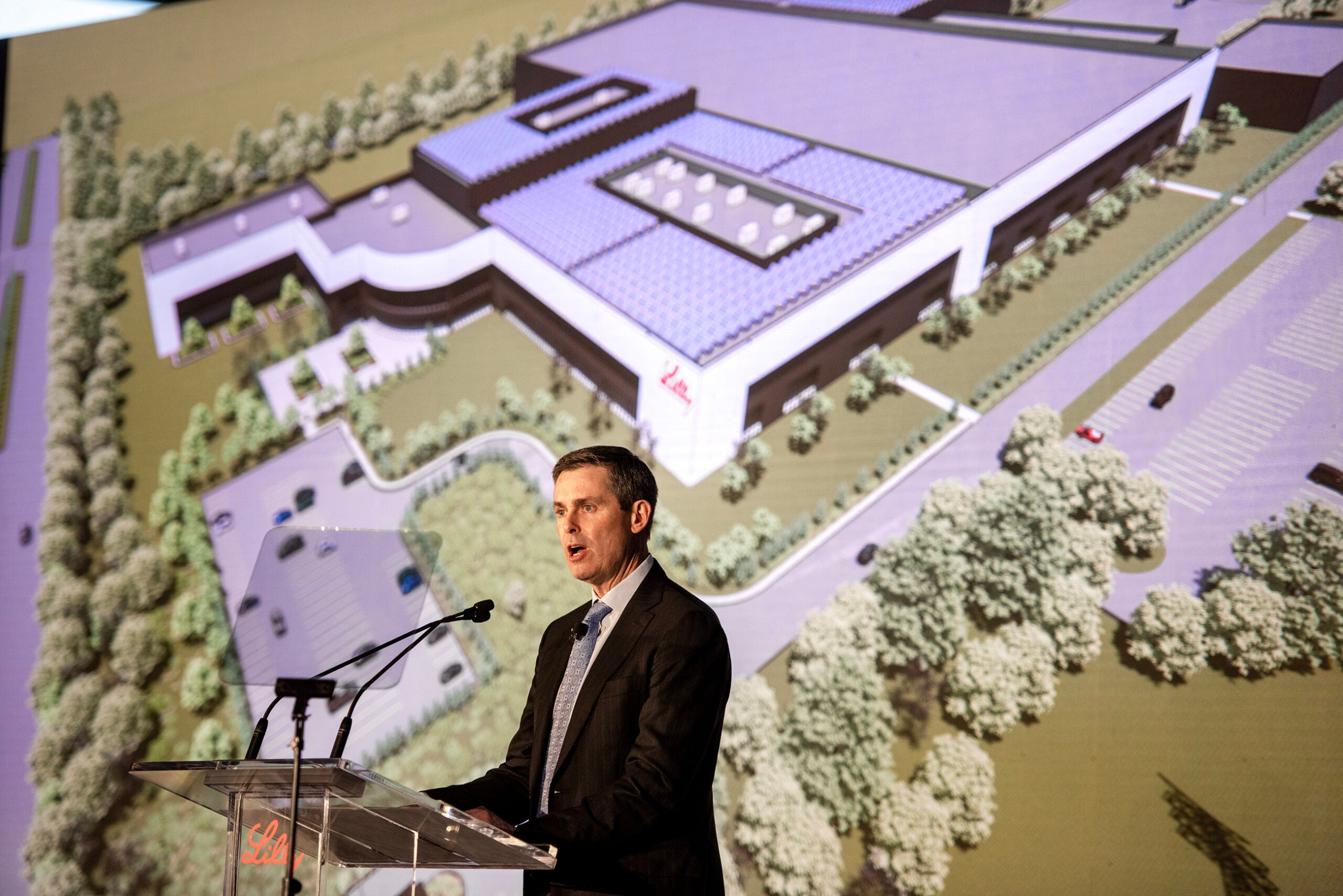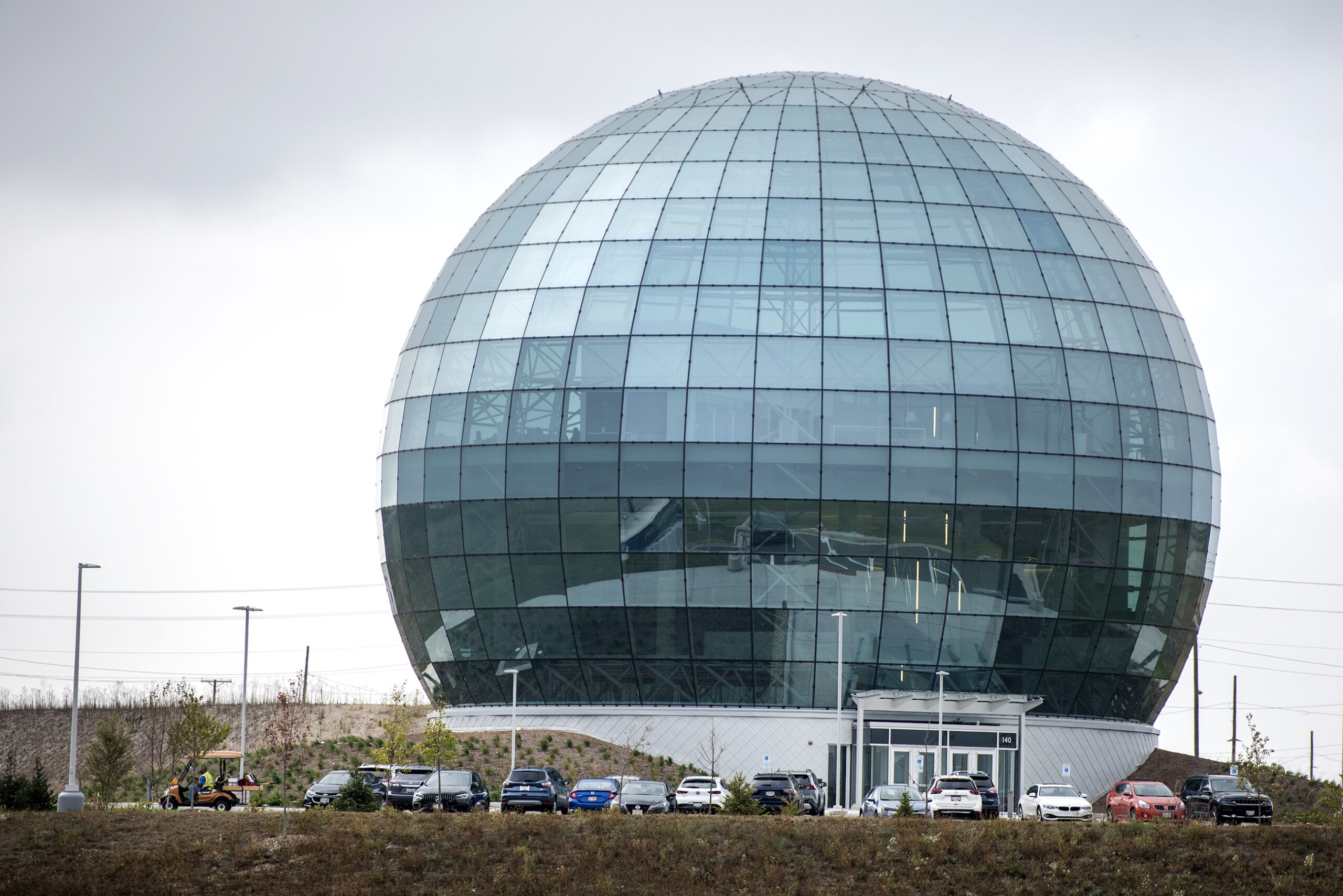The Wisconsin Assembly has passed a $3 billion tax incentive package for tech manufacturer Foxconn.
Three Democrats — Reps. Cory Mason, of Racine, Peter Barca, of Kenosha, and Tod Ohnstad, of Kenosha — joined 56 Republicans to vote for the incentive package.
“When you hear the voice of hope in doors that you knock on, in constituents who are hoping for a better future, all the politics fades away,” Mason said of his vote.
Stay informed on the latest news
Sign up for WPR’s email newsletter.
Two Republicans — Reps. Adam Jarchow, of Balsam Lake, and Todd Novak, of Dodgeville — joined 28 Democrats in voting against the bill.
The bill passed 59 to 30.
During debate, Assembly Speaker Robin Vos, R-Rochester, compared the potential Foxconn factory site in southeastern Wisconsin to the 1989 movie, “Field of Dreams.”
“It’s a field of dreams just beyond the interstate, when you’re driving down I-94 between Milwaukee and Chicago,” Vos said. “It’s a field of American dreams, it’s careers that people can buy a home and send their kids to college.”
The incentive package would provide Foxconn, a Taiwanese manufacturer of LCD screens for devices like cell phones and TVs, $3 billion over 15 years. It would also allow Foxconn to bypass some state environmental regulations. The company could reverse the course of streams, fill in wetlands and build on lakebeds without applying for a permit from the state.
Supporters argue the deal will be a boon for the entire state of Wisconsin and reduce the number of young, educated people who choose to away from Wisconsin after graduating college.
“This is the opportunity that I want for my kids, I want the opportunity for my kids to to actually stay in Wisconsin,” said Rep. Samantha Kerkman, R-Salem.
One prominent conservative group, Americans for Prosperity, opposes the deal, calling it a “taxpayer handout.”
Rep. Dale Kooyenga, R-Brookfield, spoke to that concern during debate.
Kooyenga noted he doesn’t support giving tax credits to companies that have no tax liability, but is willing to look beyond that to support the deal.
“There are some elements of this package that I’m not comfortable with,” Kooyenga said. “I think sometimes we need to put ideology aside and look at the larger principles, and I think what we have before us as a body what we have before us here is an extraordinary win.”
Democrats proposed changes to the Foxconn package during debate, including adding incentives for the company to hire Wisconsin residents as its employees and Wisconsin companies as suppliers.
The Democratic amendments were all voted down. Proposed Republican changes, including one that would provide $20 million for worker training in the next state budget, were approved.
During more than six hours of debate, Democrats argued the deal is too expensive and too risky for Wisconsin taxpayers.
An estimate released last week by the state’s nonpartisan budget office found Wisconsin wouldn’t break-even on the deal until 2043, under the best circumstances. Projections also found state lawmakers would have to allocate more than $300 million per year for Foxconn incentive payments by the early 2020s.
Rep. Gordon Hintz, D-Oshkosh, argued state lawmakers will have to make cuts to future state budgets in order to pay Foxconn.
“The opportunity costs of not investing in transportation, the future education of our children, and further incentivizing and supporting entrepreneurship in order to make cash payments to a foreign company worth billion is not worth it,” Hintz said.
Hintz also cast doubt on whether Foxconn would meet projections for capital investment and job creation. The company is project to spent $10 billion on its facility and create up to 13,000 jobs.
“How much Kool-Aid do you have to drink to believe that is going to happen?” Hintz said.
The vote will now move to the state Senate.
Editor’s Note: This story was last updated at 10:15 p.m. Thursday, Aug. 17, 2017. It was updated to reflect the vote was 59 to 30 because of an editor’s previous edit stating the vote was 56 to 30.
Wisconsin Public Radio, © Copyright 2025, Board of Regents of the University of Wisconsin System and Wisconsin Educational Communications Board.





